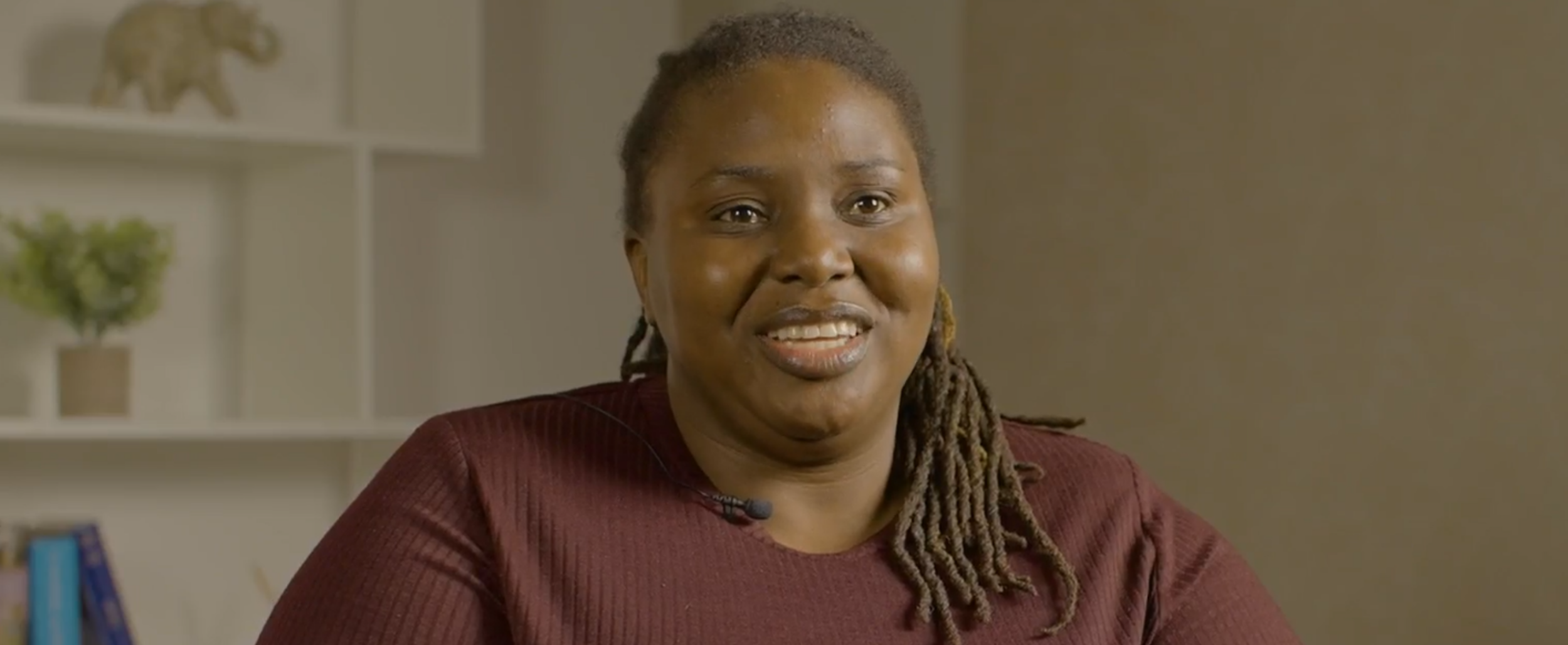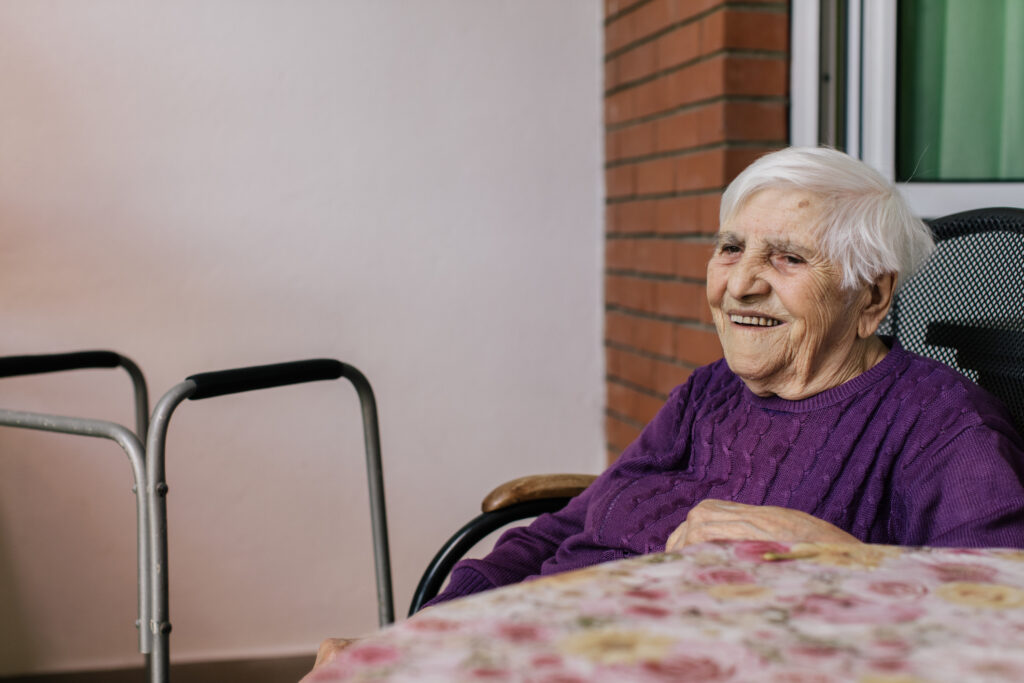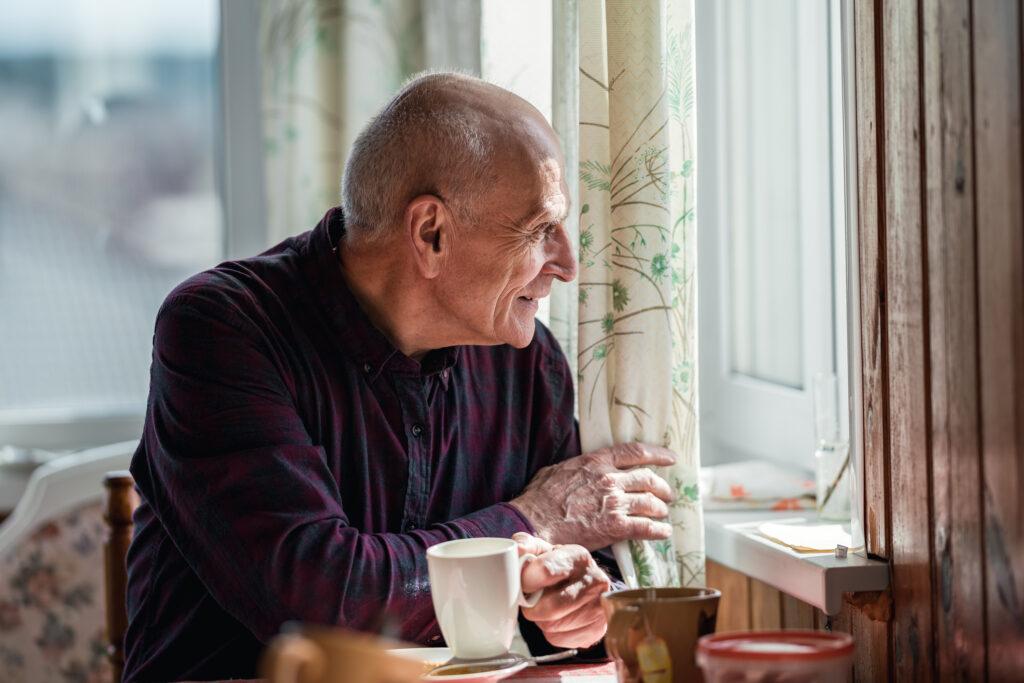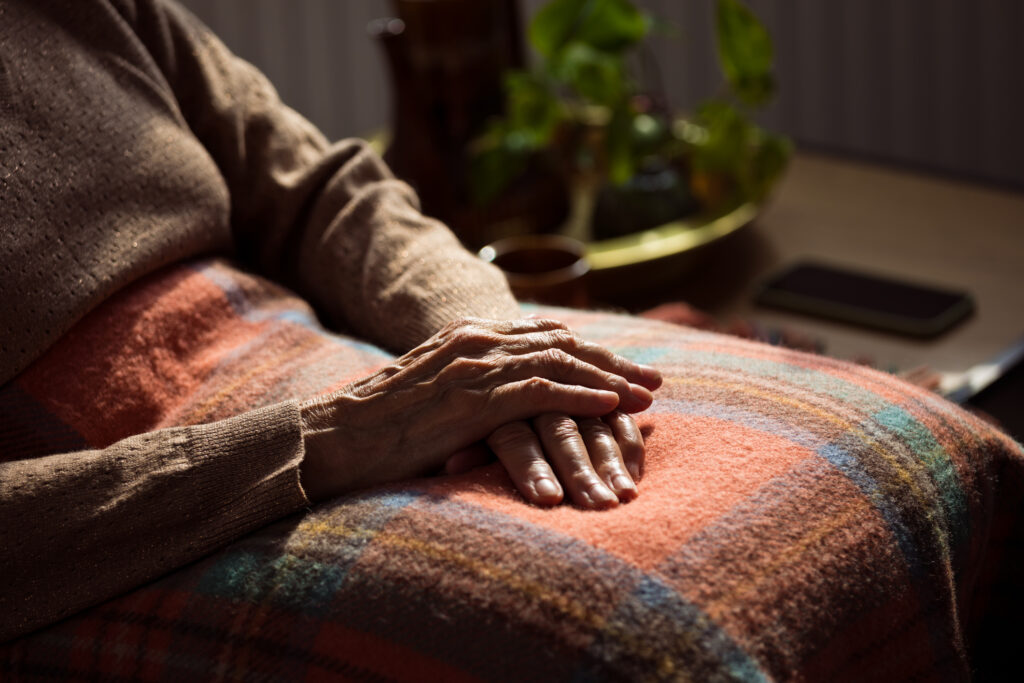
Using loan finance to give LGBTQI asylum seekers a safe home
Micro Rainbow offers lesbian, gay, bisexual, transgender, queer and intersex (LGBTQI) asylum seekers a holistic package of support, including shared housing. Charity Bank is lending Micro Rainbow £1.5 million.
The social enterprise is using the money to buy and convert an extra 25 four-bedroom properties, so will be able to provide housing for around 300 people every year. CEO and founder, Sebastian Rocca, tells us more.
Can you tell us about your service users?
Every year, around 2,000 people claim asylum in the UK on the basis of their sexuality or gender identity.[1] They’re fleeing persecution, and often face discrimination when they reach the UK. Not all need support, but many do. They might have to live in shared accommodation with people who are homo-transphobic, or they might end up homeless.
When you’re seeking asylum, you can’t do anything. It’s illegal to work, and you have to live on £39 a week. That has to cover food, medicine, clothing, transport, everything.
We offer holistic support, including safe housing.
You’re moving from 10 to 35 properties, using loan finance. Why have you decided to expand your offering so substantially?
We initially started small because it was a huge undertaking for us – it was the first time we’d ventured into housing. After the first few houses, we could see that the need was much greater than our offering. We also realised that we’ve actually found a solution to a social issue – we can help fix this problem for good.
Of course, it’s not just down to us. The average stay with us is seven months, which is linked to the Home Office making a decision on a resident’s claim for asylum. The longer the Home Office takes to make a decision, the fewer people we can help with the same number of houses. One of our residents has been waiting for a decision for two years. They’re safe, but they can’t move on with their life.
So how much we scale will depend on some external factors outside our control. But what’s great about our model is that it’s flexible and replicable.
Would you be able to buy the 25 new properties without loan finance?
No. Loans are crucial if you want to grow at a decent level within a reasonable timescale. It would have taken us 20 years otherwise. Assets lend themselves well to loan finance.
How many people will benefit from the properties?
At full capacity, we should see 300 people per year benefit from the 35 houses. But it does depend on how long people need to stay. In total, we’ll be offering more than 50,000 bed nights – it’s the biggest housing provision specifically for LGBTQI asylum seekers that has ever been created.
At least another 500 people a year will benefit from our other programmes.
What happens when someone is granted asylum and is ready to move out of a Micro Rainbow home?
The bonds built in our safe houses are so strong, which helps people to move on. Some end up renting a flat together and supporting each other long after their time at Micro Rainbow.
There’s a big risk when someone moves from being an asylum seeker to a refugee that they’ll become homeless again. They’ve not been able to work for months or years and then suddenly have to find a job and house, access Universal Credit and so on. Through our programme, people are supported through that transition and helped to integrate fully into society. We help them to find permanent housing and a job, and to move on with their lives.
As well as the loan from Charity Bank, several trusts and foundations are supporting you with sub-loans. How did that come about?
One of the trusts heard us speak and invited us in for a chat. We only had one property at that point. They were very interested in our plans and suggested that we opened up to other trusts, which we did. Five trusts came together to support us to become investable. We then attracted a sixth trust.
Why did you choose Charity Bank for your main loan?
We actually started the process with another bank, but there were a lot of delays. I ended up on a panel with the CEO of Charity Bank and decided we needed to get a second opinion on our model. The trusts and foundations we were working with also suggested approaching Charity Bank.
Charity Bank is interested in the social impact, not just the financial return. They want to make people’s lives better. Of course, we’re going to pay interest like we would with a high street bank, but the difference is that we have a supportive lender who wants to see us succeed. If there’s an issue, they’ll work with us. It’s not a ‘computer says no’ environment. We have an ally.
What were your main concerns about taking out the loan?
Being able to repay the bank was our main concern. We didn’t want to borrow money if we couldn’t pay it back. So we worked very hard with the trusts to devise a financial model. We were also concerned about whether we could afford the initial costs. In that respect, we were lucky in that we were helped by law firm Weil, Gotshal and Manges, which has donated about £300,000 worth of legal expertise.
Charity Bank reviewed our financial model and could see that it works. Knowing that they’ve done that due diligence is very reassuring.
How did you find the process of applying for the loan?
The process of applying for a loan is straightforward. We’d done a lot of the work already. We also had eight houses so had experience. What made the process easier was having that direct connection with Charity Bank’s Carolyn Sims. She’ll pick the phone up if she needs to speak to us and I can also contact her direct if I need to. If there’s an issue, it can be fixed there and then, rather than dragging on. That personal relationship is so important.
How do you see the loan helping to strengthen your organisation?
If you’re reliant only on trusts and foundations, you’re very vulnerable. The loan is making us stronger, as it means we’re able to diversify our income streams. We’re becoming more resilient and able to cope with whatever comes our way.
Social finance is not that common in the LGBTQI sector, so we’re helping to create best practices.
What advice do you have for other charities who are thinking of taking out a loan?
There’s a lack of understanding around social investment. Lots of charities are scared of taking out a loan. My advice is to start off small, with a pilot that isn’t going to scare your board, and which shows that the project is sustainable.
Look at where you can build relevant skills within your board. You want to make sure your board isn’t against taking out the loan, and that the staff are excited about growing the project. You need that supportive atmosphere. Taking out a loan is a big undertaking, and it comes with a lot of responsibility, so you need to know your people are backing you.
Finally, do your in-house checks to minimise risks.
What are you most proud of when you speak to your service users?
“The fact that we offer an immediate solution. If you’re homeless, we can help you with a roof over your head, healthcare, legal advice etc. I used to do LGBTQI advocacy at the United Nations, trying to persuade governments to decriminalise homosexuality. My work was having an impact, but it was long-term. Micro Rainbow is changing people’s lives right now.
LGBTQI refugees are present throughout the organisation, as project managers, regional managers and so on. One of our former service users – a trans-woman from Malaysia – has recently joined our board as a director. Having people with lived-experience gives us insights into how to do our work better and it brings our community together. I’m very proud of that.”
Sebastian Rocca, CEO and founder, Micro Rainbow
About Charity Bank
Charity Bank is the loans and savings bank owned by and committed to supporting the social sector. Since 2002, we have used our savers’ money to make more than 1400 loans totalling over £605m to housing, education, social care, community and other social purpose organisations.
Nothing in this article constitutes an invitation to engage in investment activity nor is it advice or a recommendation and professional advice should be taken before any course of action is pursued.


